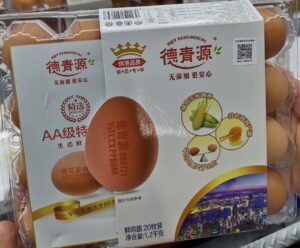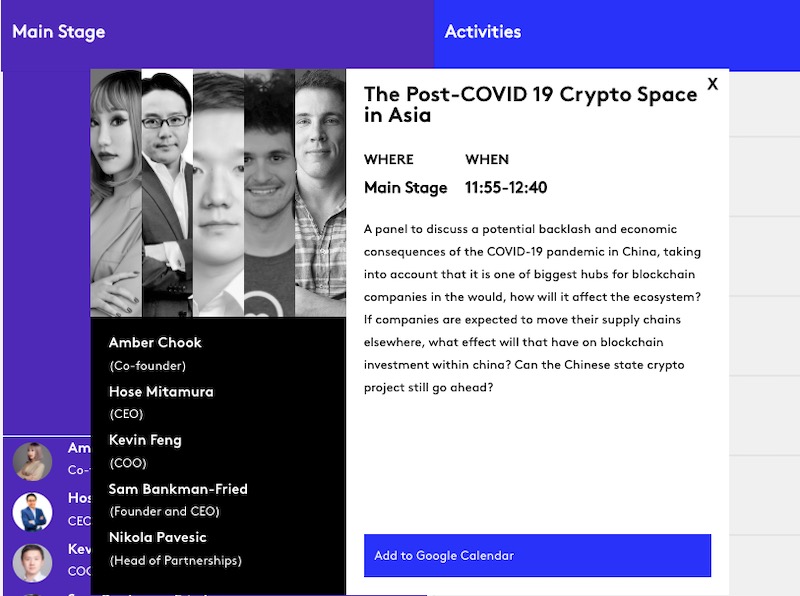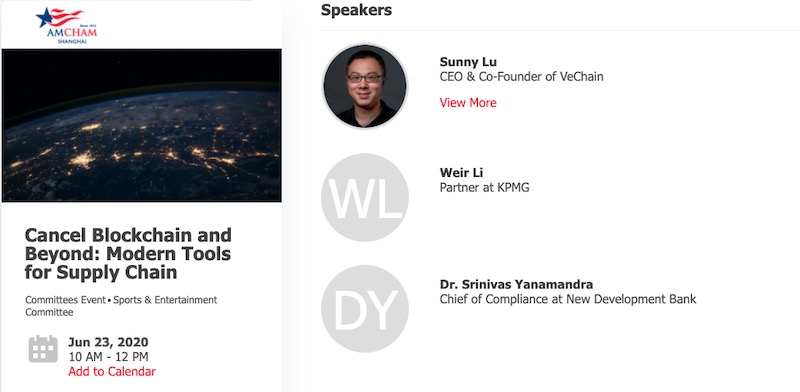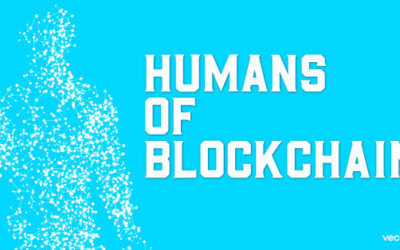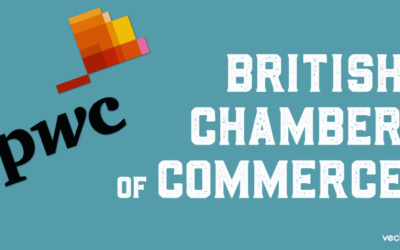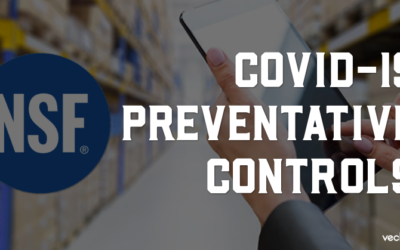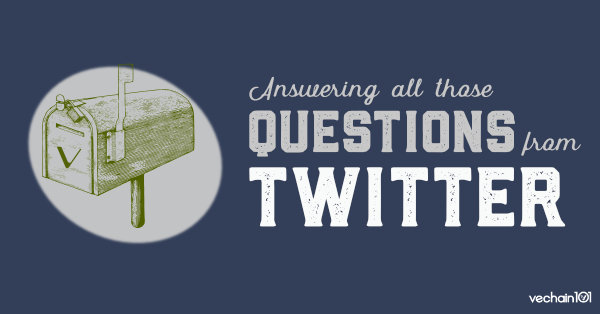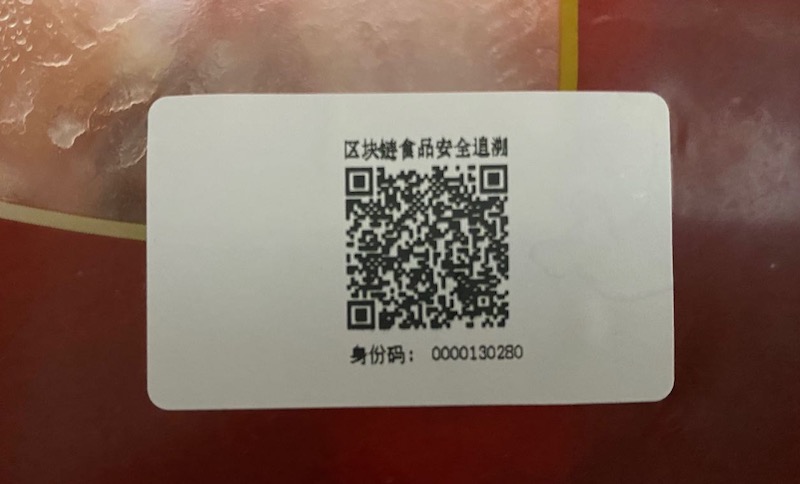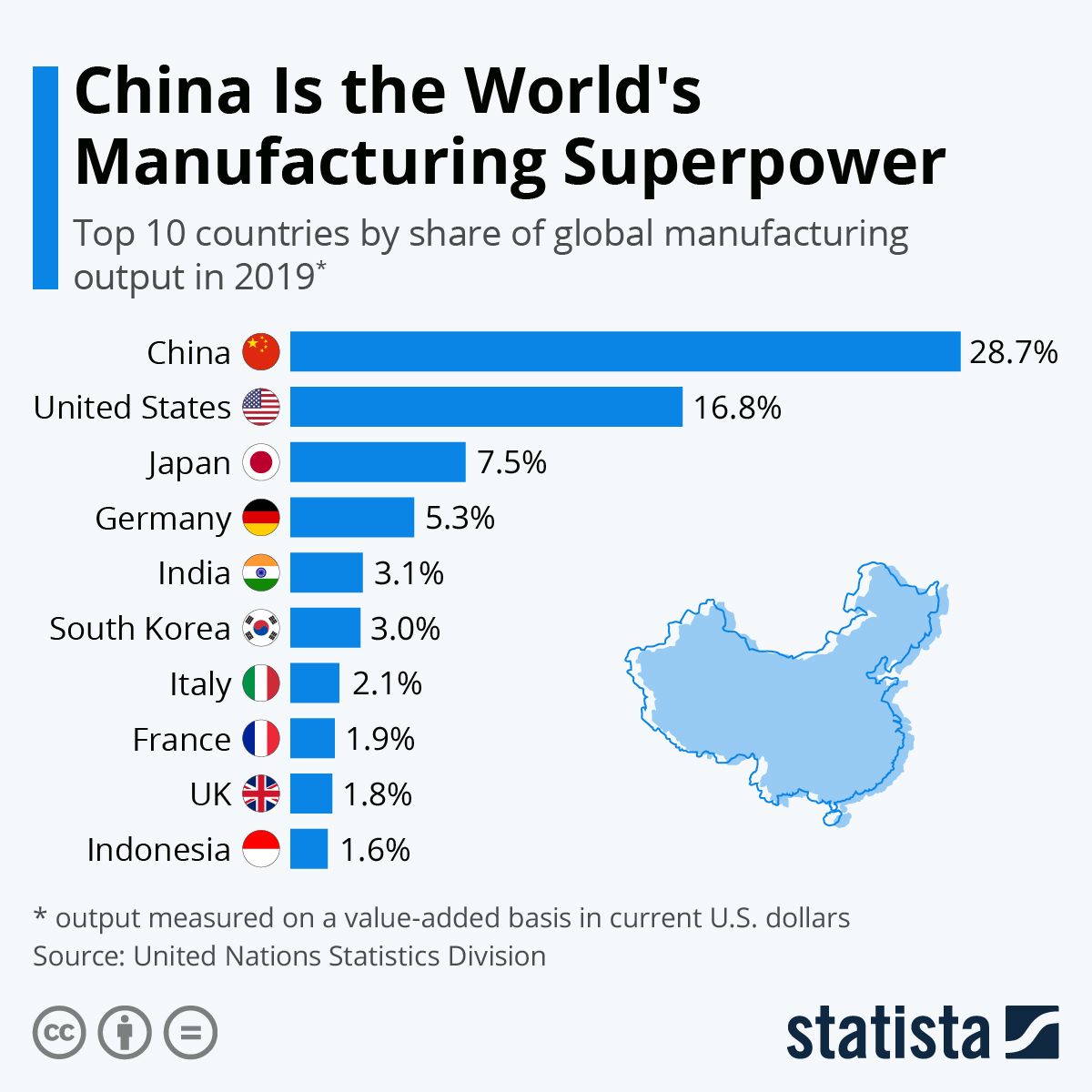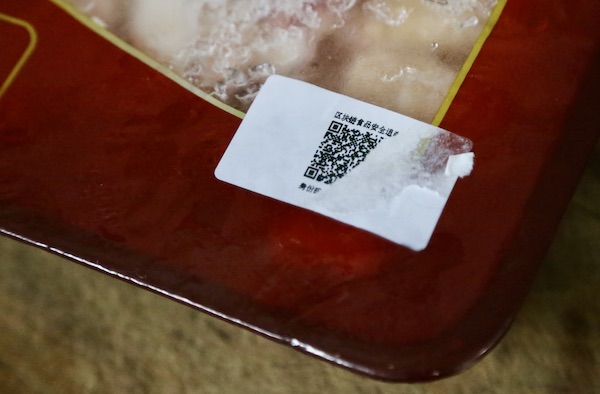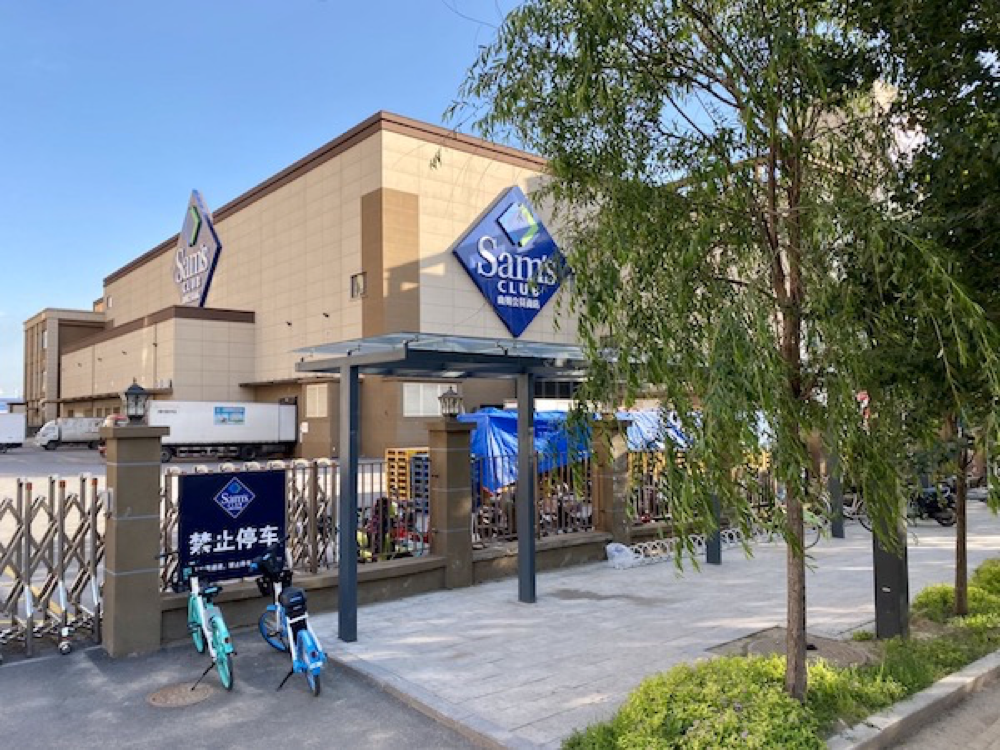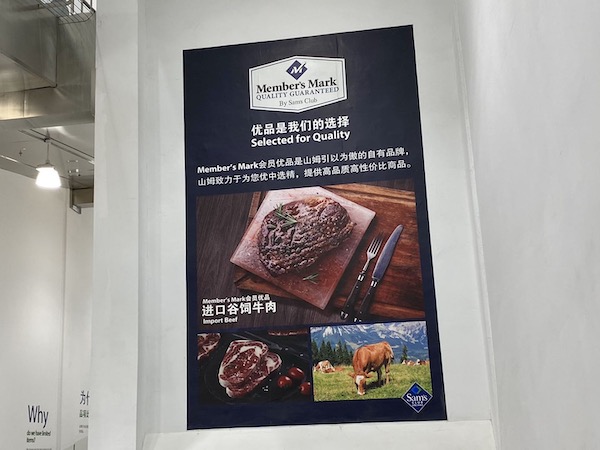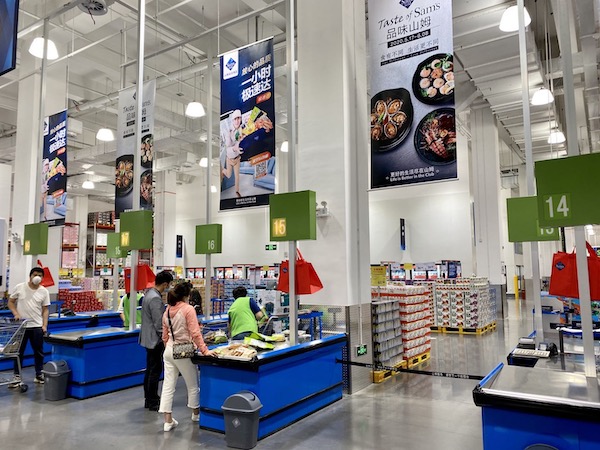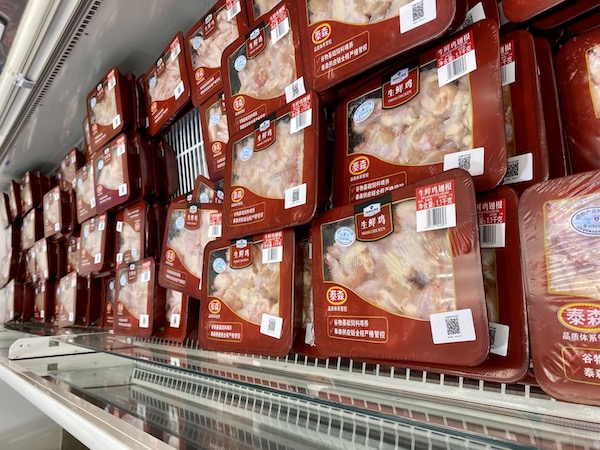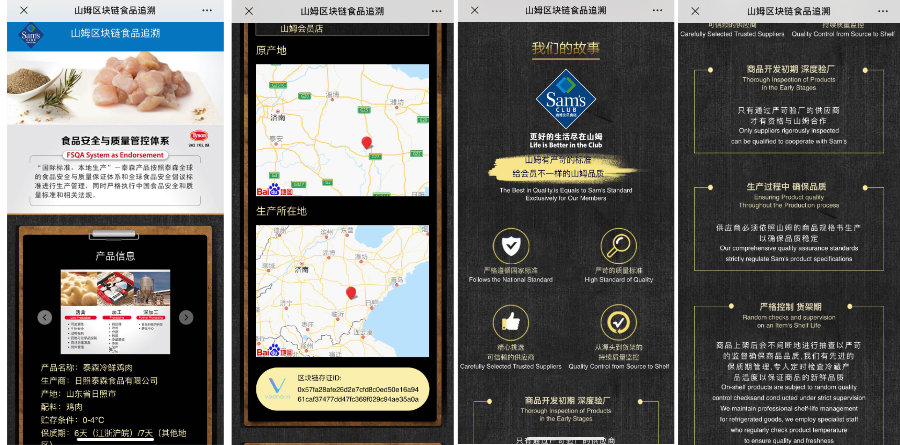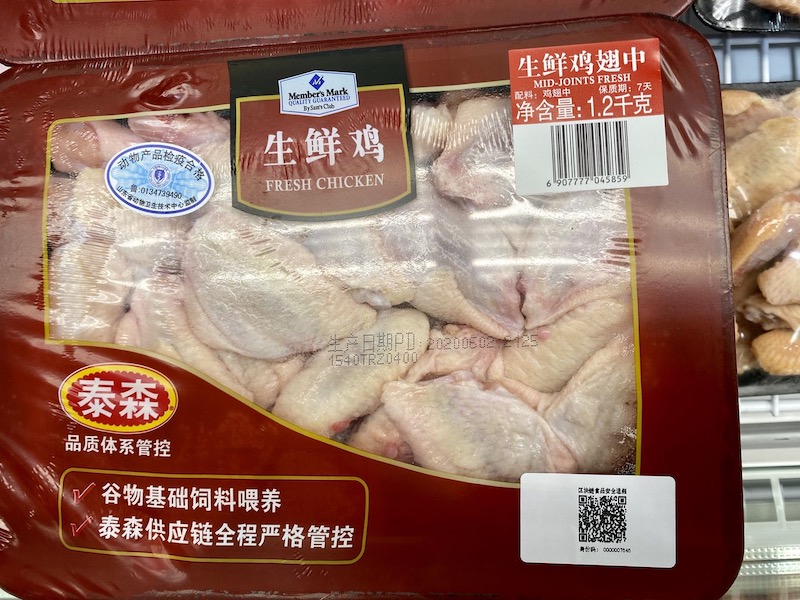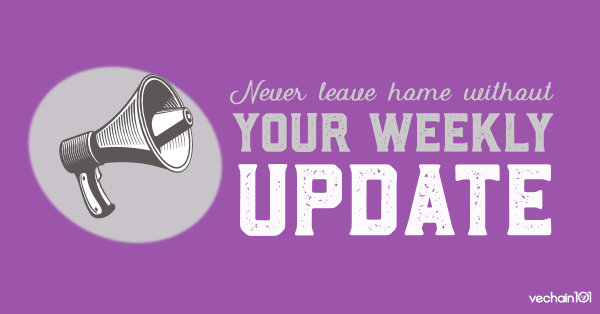
VeChain Weekly Update June 20th
DNV GL announced that Viking Line received a My Care verification
Viking Line’s 7 ships and 6 terminals in cities like Helsinki and Stockholm all received a third-party verification from DNV GL on their infection risk management. Passengers on Viking Line ships can scan a QR code to review the results of the verification process. More info here.
AByteAhead releases Python Dev Kit for VeChain
The Python3 developer kit helps coders create tools that involve wallet creation and management, assembling and signing transactions, and a host of VeChain’s finest features, including fee delegation. More info here.
Chief Scientist Peter Zhou holds a Bootcamp webinar with Ken Woodruff
In the 7th VeChain Bootcamp session, Ken Woodruff – CTO of Real Items – explained the story behind Real Items, its vision and what drove them to move away to VeChain from Ethereum. He also gave us a quick run down about the projects they have been working on; including, a Shopify plugin, a WeChat Mini App and Hubspot integration. The full webinar recording can be found here:
Deloitte’s blockchain trends reports discusses VeChain
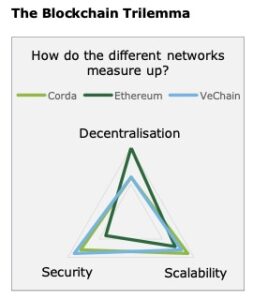 In the report entitled 5 Blockchain Trends for 2020, Deloitte compared various protocols including VeChain, Ethereum and Corda, three platforms that Deloitte’s Blockchain Lab works with on a regular basis. However, the report also mentioned that most enterprise use cases are suited for a private network, something the VeChain community will strongly disagree with.
In the report entitled 5 Blockchain Trends for 2020, Deloitte compared various protocols including VeChain, Ethereum and Corda, three platforms that Deloitte’s Blockchain Lab works with on a regular basis. However, the report also mentioned that most enterprise use cases are suited for a private network, something the VeChain community will strongly disagree with.
Deloitte also released their 2020 Blockchain Survey, which interviewed 1488 executives from 14 different countries on their organization’s strategy towards blockchain. The results showed that many of the barriers from previous years still exist, but that more and more companies were actively integrating blockchain into production processes. The report cautions against complacency towards regulations and risk, but does seem confident that companies experimenting with “blockchain tourism” is a thing of the past. This bodes well for VeChain, especially as some of the numbers were favorable towards primary VeChain use cases. For example, 27% of the companies revealed that track-and-trace solutions were already receiving attention, with another 23% of companies exploring blockchain for certification. These are VeChain’s bread-and-butter solutions, and both have relatively no impact from potential regulatory hangups regarding digital assets and taxation.
There are more substantive examples in the marketplace of how both startups and mature businesses are deploying blockchain. Organizations appear to be more committed than ever to blockchain and are demonstrating this by implementing it as part of their normal course of business. Deloitte’s 2020 Blockchain Survey
More tagged products turn up in Sam’s Club
Community member and Chengdu resident @vetblack19 stopped into the local Sam’s Club and saw a number of products tagged in their Food Traceability Program. In addition to the Tyson Chicken we’ve seen before, they als
o had a wide selection of fresh produce, including nearly all of the item’s in the cold produce section. @vetblack19 shared images of multiple types of mushrooms, leaf vegetables, chives, and more. Most of them originated from a supplier called Dongsheng, with farms located over Guangdong, Hunan, Jiangxi, Hebei, Beijing, Ningxia, Yunnan, Sichuan, and Guizhou provinces.
Also tagged were these 20-pack of eggs pictured on the right. The producer, Beijing-based Deqingyuan, claims to be the largest egg producer in the world. Also found online were some pork products from Huarun Wufeng, that were posted by community member Fatiebomba, an admin in the Dutch Telegram Channel.
Events this week
Other updates
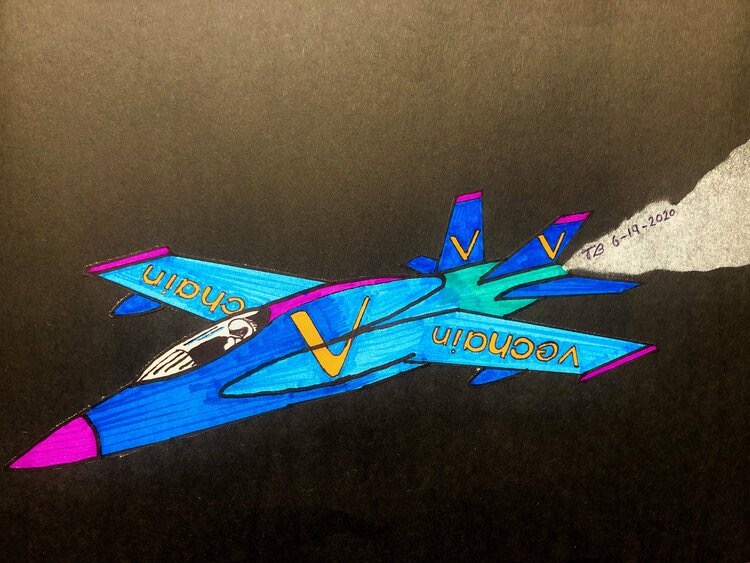 VeChain community artist Dr. H. Quinzel launched his own website this week. His trademark daily postings can be found at drhquinzel.com or on his twitter account. The community appreciates his colorful contributions!
VeChain community artist Dr. H. Quinzel launched his own website this week. His trademark daily postings can be found at drhquinzel.com or on his twitter account. The community appreciates his colorful contributions!
Ecosystem Manager Dimitris Neocleous was featured in the Humans of Blockchain series here on VeChain101.com. His story talks about how he defied his father’s wishes and dropped his promising legal career to pursue a job in the blockchain industry. You can read the full story here.


